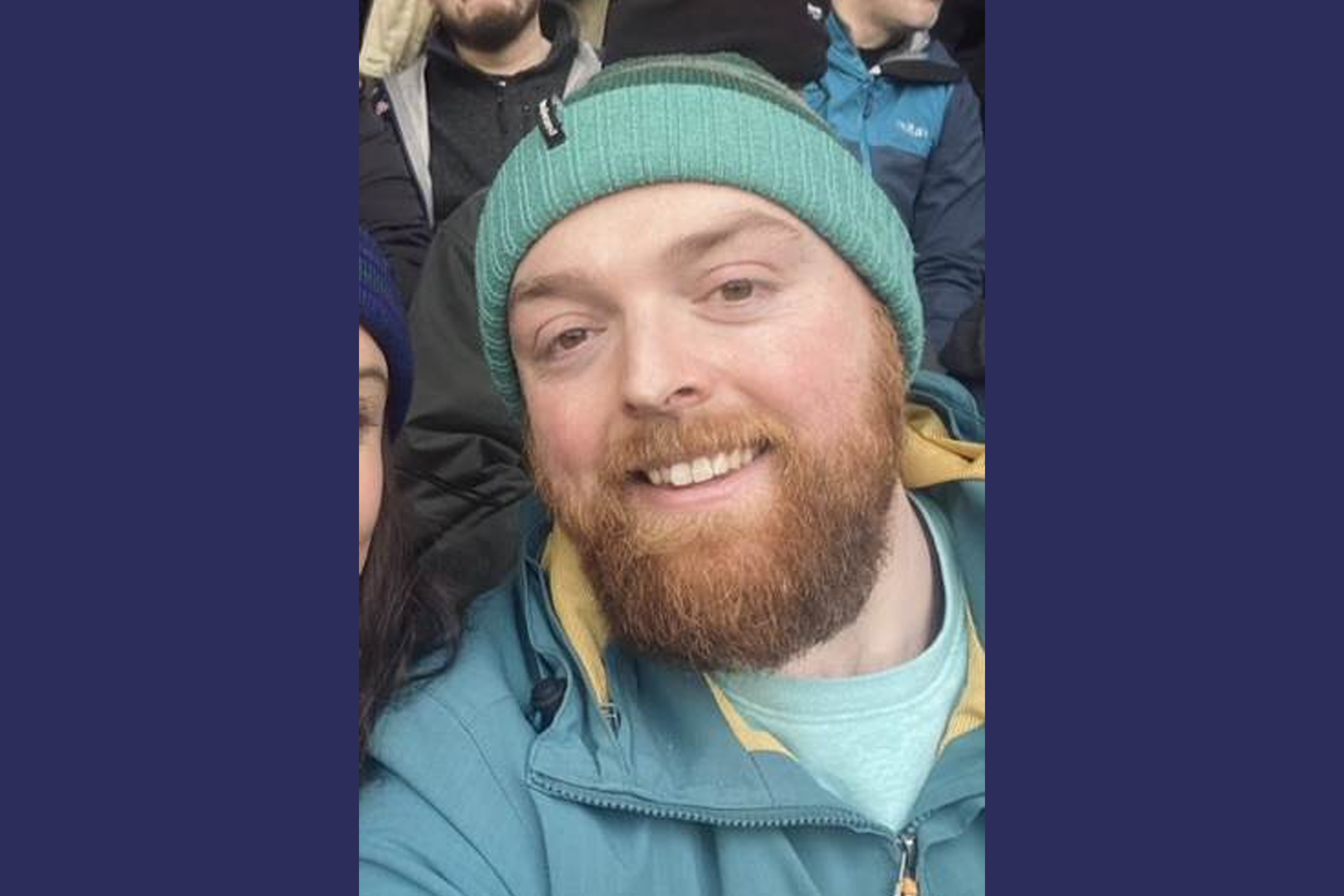Researcher Spotlight - Michael Ormsby
Published: 9 April 2025
For this installment of SBOHVM researcher spotlight, lecturer Dr. Michael Ormsby details his work in bacteriology and antimicrobial resistance, and how the environment can shape disease before it reaches the clinic.
Can you tell us about your background?
I started my career as a PhD student at the university of Glasgow, in the School of Infection and Immunity. I was straight out of my BSc at Heriot Watt University in Edinburgh, so this was a steep (but enjoyable) learning curve! My research focused on a bacterium that causes disease in Atlantic salmon and rainbow trout, called Yersinia ruckeri. I was looking to characterise the diversity of isolates that infect each species with the ultimate goal being to improve vaccine development. This was hugely enjoyable, as I got to experience the combination of field sampling as well as laboratory work.
Next, I switched focus from a veterinary pathogen to those that cause human disease. My first Postdoctoral post involved examining the effect of the short chain fatty acid preservative propionic acid, on Adherent-invasive E. coli (AIEC) - a pathogen associated with Crohn’s disease. My second Postdoctoral position involved examining the role of the S-layer in Clostridium difficile pathogenesis. These posts were fantastic in giving me experience of many different techniques, including in cell culture, animal models of infection and in working with ‘challenging’ pathogens!
I finally completed the One Health circle when I moved to the University of Stirling and undertook a third postdoctoral position studying environmental microbiology and the ecology of plastic pollution. We were interested in examining how dangerous enteric bacterial pathogens including E. coli, Salmonella spp., and Vibrio cholerae can attach to and persist on different materials, under environmental conditions. This project involved extensive collaboration with the Universities of Malawi and Dar es Salaam (Tanzania), including real-world studies in each country. This was an incredible experience, allowing me to learn how to conduct important, policy relevant experiments in globally challenging settings.
In 2024, I moved back to the University of Glasgow, to undertake a Lectureship position in SBOHVM within the One Health Research into Bacterial Infectious Diseases (OHRBID) group.
What is the focus of your research?
My work sits at the intersection of veterinary, environmental, and clinical microbiology, exploring how environmental conditions shape bacterial pathogens long before they ever reach the clinic. I’m particularly interested in the ecology and evolution of enteric pathogens, antimicrobial resistance (AMR), and the emergence of novel zoonoses.
A key focus is understanding how climate change - through increased rainfall, higher temperatures, and urbanisation, impacts pathogen persistence, transmission, and virulence. For example, how do bacteria from farms, sewage, and wildlife interact in the environment? Can these interactions drive the emergence of more virulent or resistant strains?
My group uses a mix of culture-based and molecular tools to investigate bacterial survival and gene transfer in various environmental contexts, with the goal of understanding, and interrupting, the pathways that lead to disease.
What do you find most interesting about your work?
I really enjoy the variety in my work - studying different bacteria, that infect different host species, in different ecosystems, and often in different countries! I’m particularly motivated by projects that address real-world challenges and can make an impact beyond the lab, whether that’s informing policy, improving animal health, or supporting communities.
Why did you decide to do come to SBOHVM?
I was drawn to the school’s breadth of research and depth of expertise. There’s such a collaborative, multidisciplinary atmosphere here, and I saw a real opportunity to both learn from others and contribute something new. SBOHVM has a strong track record in supporting early career researchers, which was really important to me. In just a short time, I’ve already felt that support and am so pleased to be part of the team!
What advice would you give to anyone doing or considering PhD?
Choose a project that genuinely excites you! There will be challenges - things won’t always work the first (or tenth!) time, but if you care about the topic, it’s so much easier to stay motivated and push through. Also, don’t be afraid to reach out to researchers you admire. People love talking about their work and are often happy to help or offer advice. Building a network is invaluable.
Tell us about your future plans.
I’m looking forward to growing my research group, securing some funding wins, and continuing to explore the science that fascinates me. There are so many exciting questions to tackle… and hopefully, some real-world impact to be made along the way!
First published: 9 April 2025


